Vacancies - Gaia
Gaia Vacancies
Openings
2025-02-21 Opening for a Gaia-related postdoc position in Leiden
Applications are invited for a postdoctoral position at Leiden Observatory to work on (spectro-)photometric data processing for the Gaia mission in preparation for Gaia DR5. The tasks foreseen include: quality assessment of the calibration of the BP/RP spectra and the integrated photometry obtained from these spectra; studying and developing improvements to the removal of sky background, stray light, and effects of neighbouring sources from the raw BP/RP spectra; study and develop improvements to the flux and line spread function calibration for the BP/RP spectra.
The successful candidate will work under supervision of Anthony Brown and join the Gaia Data Processing and Analysis Consortium (DPAC). The
work will be embedded in Coordination Unit 5 (CU5, photometry) of DPAC, where close collaboration with the group at the Data Processing Center
at the Institute of Astronomy in Cambridge is foreseen, as well as interaction with the other DPAC coordination units. In addition a fraction of the time will be spent on supporting the catalogue validation activities of the Gaia group at Groningen University.
Full application details at: https://local.strw.leidenuniv.nl/jobs/brown_pd.php
ESA funding sources |
|
| Research Fellowships ESA's Postdoctoral Research Fellowship programme is aimed at providing young scientists and engineers, holding a doctorate or the equivalent, with the means of doing research in space science and space applications. The Fellowships are open to nationals of ESA Member States and Canada (associated member). Fellows are hosted at one of the ESA establishments. All Fellowships in ESA's Science Support Office (SRE-S) at ESTEC belong to this category. More details are available from the Research Fellowship website. |
|
| Young Graduate Trainees ESA's Young Graduate Trainee (YGT) programme offers recently graduated men and women, a one-year non-renewable training contract designed to give valuable work experience and to prepare for future employment in the space industry and/or research. More details are available from the ESA website. |
|
| Student placements ESA's Internship Programme assists young people within its Member States interested in space and related areas. It helps them to meet their university requirements to carry out an internship as part of their degree course, and promotes their academic and professional development by placing them under the guidance of experienced professionals. More details are available from the ESA website. |
General funding sources |
| European Commission: The Marie Curie Actions In the Framework Programme of the Human Resources and Mobility initiative the European Commission provides funding to researchers and research organisations with a view to promoting new skills and participation in multinational research teams. More details on eligability and application procedures are available on the Marie Curie Actions website. |
| European Researcher's Mobility Portal This web portal links to a full range of organisations offering training, mobility and career development opportunities for researchers across Europe. A special section is devoted to Fellowships and Grants. |
- Removed a total of (2) border attribute.
- Removed a total of (2) cellpadding attribute.
- Removed a total of (2) cellspacing attribute.
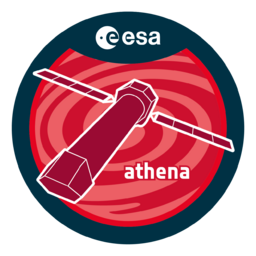
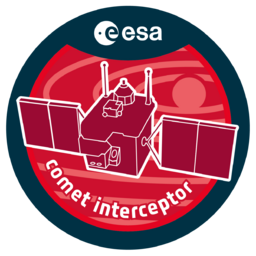

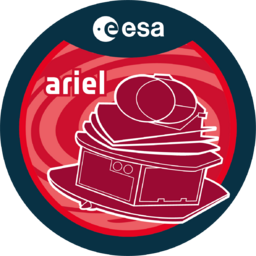
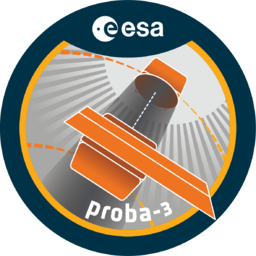
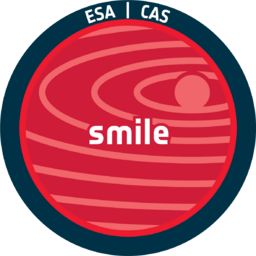
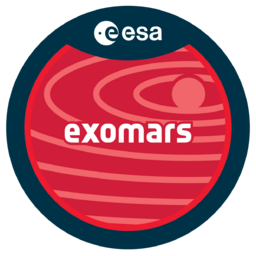
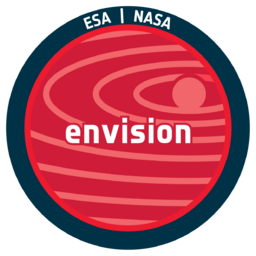
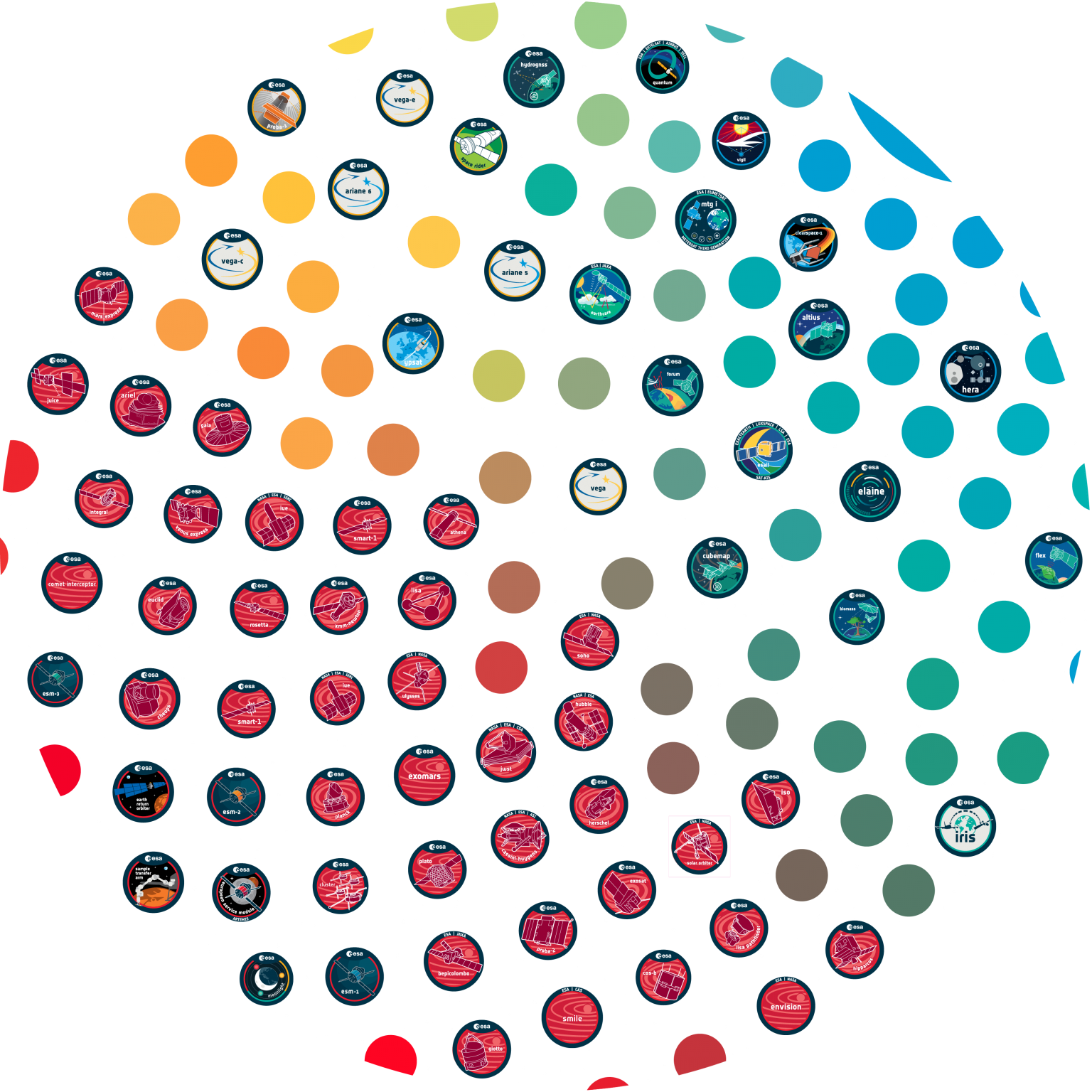
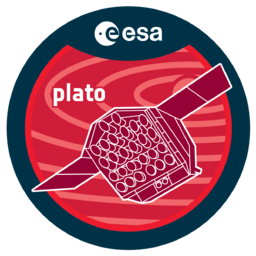
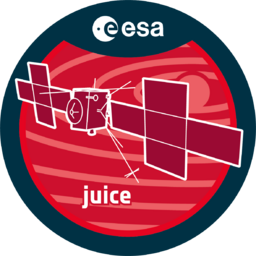
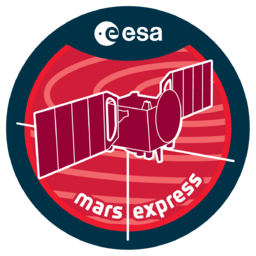
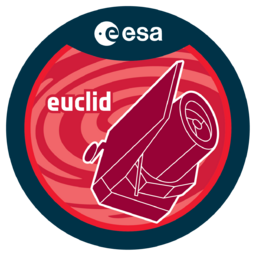
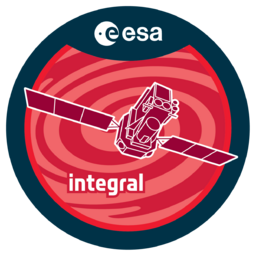
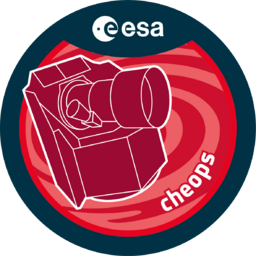
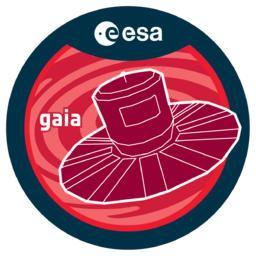
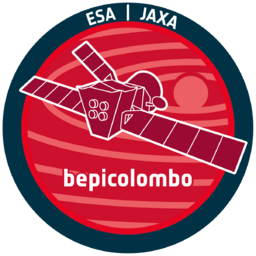
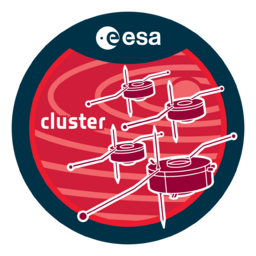
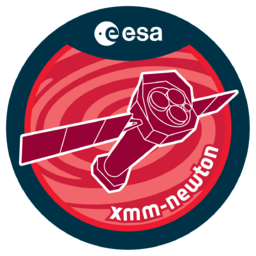
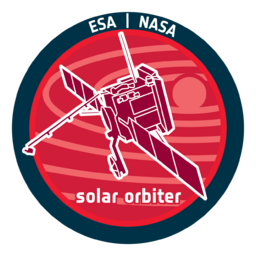
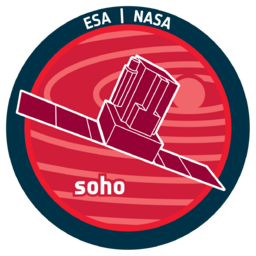
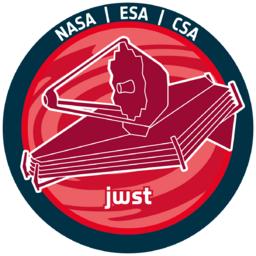
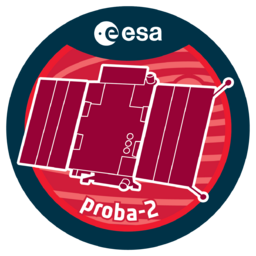
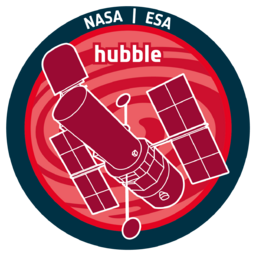
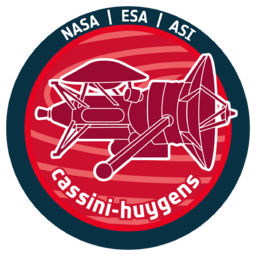
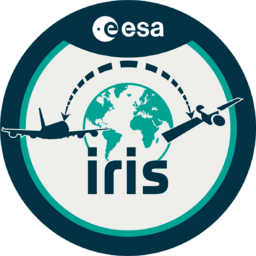

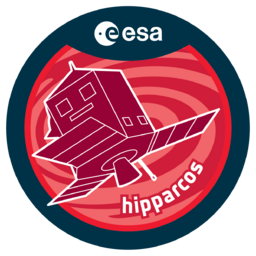
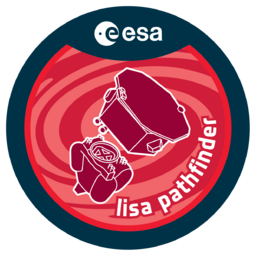
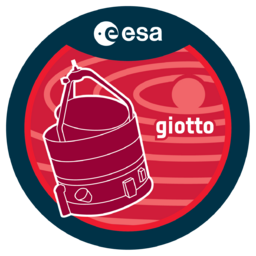
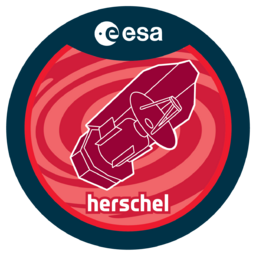
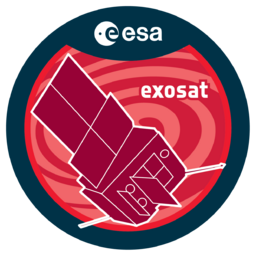
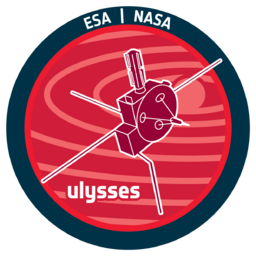
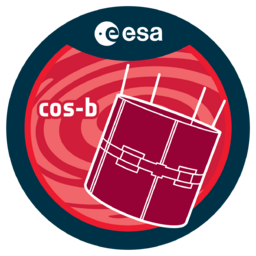
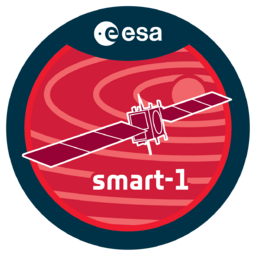
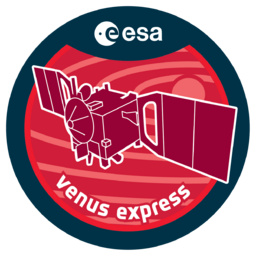
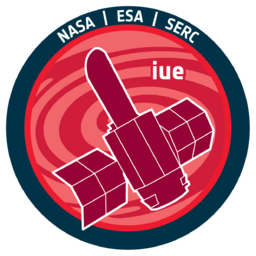
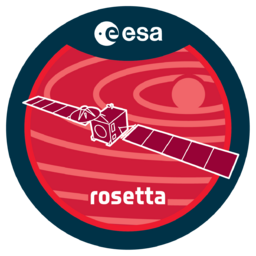
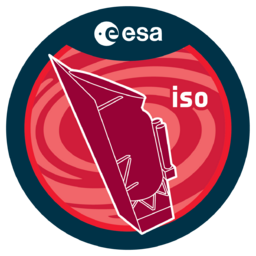

 Sign in
Sign in
 Science & Technology
Science & Technology